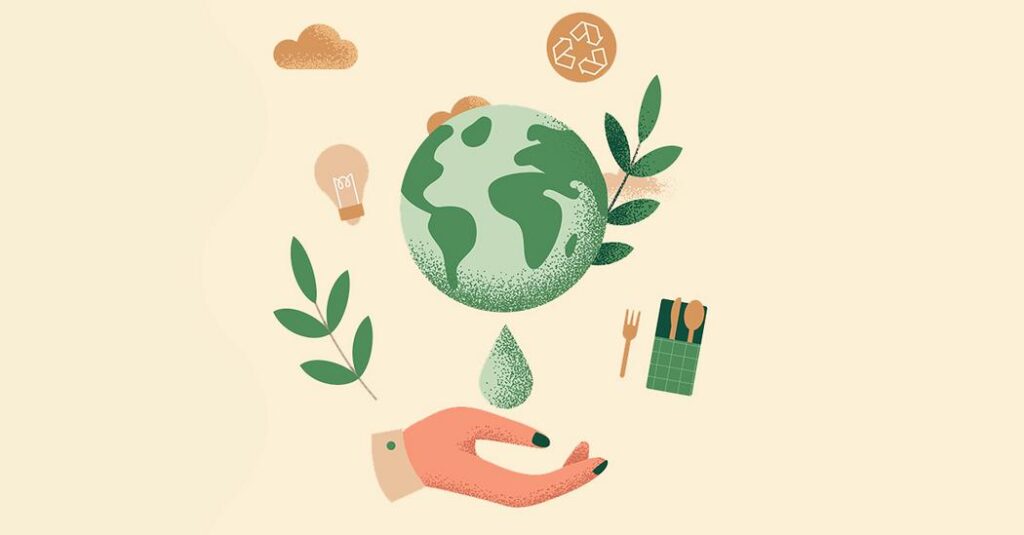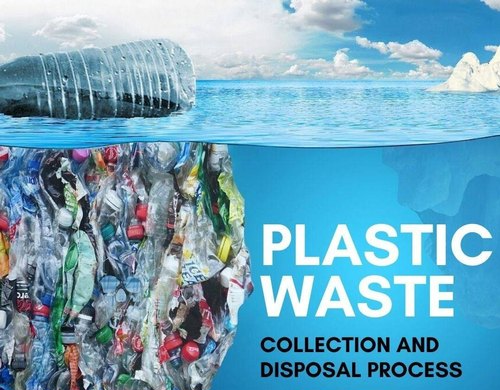Introduction
The recycling of waste items is very significant since it aids in the transformation of trash or used items into useful and new things, which is beneficial. Recycling also contributes to the reduction of air, water, and land pollution. It is more energy efficient. A variety of goods can be recycled, including clothing and paper. For example, paper, plastic, glass, and so on.
Paper Reuse And Recycling
To this day, more than half of all paper produced by humans is gathered & repurposed. Paper is regarded to be the most significant component of solid waste, accounting for 50 percent of all garbage disposed of in landfills. Recycling paper entails transporting it to a recycling facility where it is separated, and then cleaning and washing the separated paper with soap to break that down.
Over it has been broken down, it is subjected to heat, and after a period of time, it decomposes into cellulose. Recycling is a vital approach for reducing trash buildup and pollution while minimising waste accumulation. Old newspapers, notebooks, and used envelops can all be recycled, however paper that has been contaminated with food, carbon paper, or stickers cannot be recycled. This strategy is a wonderful and cost-effective means of safeguarding the environment & saving energy while also being environmentally friendly. Read also The Factors Contributing To Global Warming.
Plastics Are Being Recycled
It is critical to recycle plastics wherever possible. It is important to note that if plastics really aren’t recycled at the appropriate period, they will become contaminated with other chemicals and materials, making it difficult to recycle them and making them a cause of pollution. Plastics are non-biodegradable, meaning that they do not disintegrate as a result of microbial activity. It is critical to employ biopolymers and biodegradable polymers in order to avoid this situation.

Waste Management In The Plastics Industry
Plastics Can Be Managed In A Variety Of Methods, The Most Common Being:
- Reduce
- Reuse
- Recycle
Reduce
- This refers to a reduction or decrease in the consumption for plastic artefacts and other disposable items.
- We may lessen our reliance on plastic bags by using jute bags & paper bags to transport products from the market instead of plastic.
- For keeping food and other items, we may lessen our reliance on disposable plastic containers and instead opt for more durable materials such as metal.
- We can prevent utilising takeout food containers if we work together.
Reuse
- We can store food and water in discarded cans and bottles that have been thrown away.
- Plastic bags can be reused whenever possible, as long as we keep safety and sanitation in mind.
- We can take shattered artefacts and apply our own imagination to repurpose them into something completely different.
Recycle
- We may recycle our old plastic chairs & jars and contribute to the cause by purchasing things made from recyclable materials.
- Whenever possible, we should aim to use recyclable plastic bags instead of single-use ones.
- Aside from these strategies, we can make small adjustments to our everyday routines that will make a significant difference in our overall health.
Making use of correct disposal methods. Consider, for example, separating the biodegradable goods from the non-biodegradable ones and disposing of them in the appropriate manner. Biodegradable products can be utilised for composting and vermicomposting, whereas non-biodegradable items could be disposed of in the trash, recycled, or incinerated, depending on their composition.
- By avoiding the use of plastic bags for kitchen rubbish.
- By refraining from burning plastics or even other waste.





